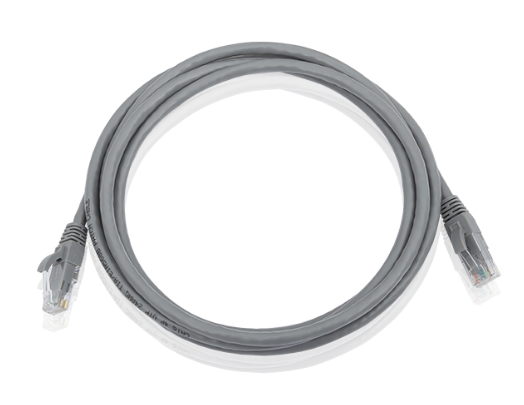News
Site Editor
 Site
https://leonetworkgroup.usa18.wondercdn.com/uploads/image/5fe152faa587d.png
Despite significant advances in wireless technology in recent years, copper wiring is still used in the majority of office networks, at least in part.
Site
https://leonetworkgroup.usa18.wondercdn.com/uploads/image/5fe152faa587d.png
Despite significant advances in wireless technology in recent years, copper wiring is still used in the majority of office networks, at least in part.
Why Choose Copper Cable System For Your Network Cabling?
Views: 801
Author: Site Editor
Publish Time: 2022-07-22
Origin: Site
Despite significant advances in wireless technology in recent years, copper wiring is still used in the majority of office networks, at least in part.
Coaxial cables, the same kind used to connect a TV aerial, were employed in the early days of networking. In addition to networking, these can also be used for other purposes including phone connections.
The advantages of using copper cabling for your network and the distinctions between copper and fiber cabling are covered in this article.
What is the copper cable?
The majority of the copper mined in the Roman Empire in antiquity originated from Cyprus and was known as Cyprium or Cuprum, hence the name copper we use today.
Due to its high electrical conductivity and abundance, it has become the material that has connected the entire world through telecommunications.
Why choose copper cable for your network cabling?
Copper is the best conductor
Of all non-precious metals, copper has the highest electrical conductivity rating (100 percent).
How effectively a material transfers an electric charge is determined by its electrical conductivity. For instance, the conductivity of aluminum is only 61% that of copper.
Copper is flexible
Copper building wire is incredibly simple to deal with due to its inherent strength, hardness, and flexibility. Although it is somewhat flexible, its hardness is unaffected. Because it is not fragile, it will not shatter or crack when bent.
Safety
A copper wire must reach temperatures of at least 1981.4°F/1083.0°C before melting. Copper will be one of your greatest selections in terms of safety. The wire is unlikely to melt or burn if there is an overload or surge.
This implies that there will be a significant reduction in the likelihood of a fire beginning as a result of a power outage.

Copper stays put
Things that are wired with materials other than copper occasionally become loose where they are linked and separate. When it comes to electrical wiring, this can result in some quite hazardous situations.
Compromises in the cabling used for category cable connections might cause connection drops and data corruption.
Compatibility
Future incompatibilities may result from copper wiring not being present. For instance, the majority of manufacturers of appliances and electrical equipment stipulate that copper wire is used in each of their items.
Cost-effective
Installation costs for copper wire are often lower than those for fiber.
Differences between copper and fiber cabling
Although the cost of fiber cable has decreased, the technology required for fiber installations is still more expensive than copper.
Since copper has length and capacity restrictions, fiber is more frequently employed as a backbone infrastructure. The 300 feet guideline for copper is typically followed in data networks.
Contrarily, fiber does not have a length restriction and can be used in any building or campus environment.
Contact us for your copper cable system
To make the most of your cabling infrastructure and get ready for future applications with lots of media. We will direct you in the appropriate direction.
Do you need more details on costs and offerings? Please click here to get in touch with us soon to discuss the services you need.
If you want to know more about industrial network cabinet,china fiber optic splice closure,china fiber optic distribution box,please consult the fiber optic splice closure factory




